
Dr. Steve Manteaw, the co-chair of the Ghana Extractive Industries Transparency Initiative (GHEITI), has expressed worry that Ghana risks falling short of its climate commitments unless it sets measurable baselines and allocates funding to track its energy transition (ET) targets.
Establishing a baseline is necessary to periodically assess the progress made in implementing all the targets set under the country’s ET framework, he argues.
On annual basis, through budget reviews, we can determine how much we are committing to the achievement of the target”, Dr. Manteaw suggested. He cautioned that without a clear starting point and consistent financial commitment, it would be difficult to evaluate the real impact of the country’s ET efforts.
The GHEITI co-chair disclosed this at a stakeholder engagement on ‘Assessment of Ghana’s ET Framework’ in Accra recently and organised by the Natural Resource Governance Institute (NRGI).
Ghana adopted its ET framework in 2022, setting a 2070 target to reach net-zero emissions. The transition is expected to require financing of approximately US$562billion.
Under the ET framework, the country also aims to, among others, achieve universal access to electricity of 99.8 percent by 2030; lower long-term cost of electricity generation, below 4.5 cents per kilowatt hour (kWh); and minimise energy-related indoor air pollution and its related illnesses – avoiding 48,218 premature deaths due to improvement in air quality and health.
It also seeks to ensure that 30.05 million productive hours are gained due to the upscaling of the adoption of clean cooking fuels. “Energy transition goes beyond power generation and use. It affects transport, industrial fuel use and more. That’s why coordination is critical,” Dr. Manteaw said.
Deputy Director for Renewable and Green Transition at the Ministry of Energy and Green Transition, Dr. Robert B. M. Sogbadji said the country is on course with the implementation of its ET framework.
“In terms of our energy access, we are more than 89 percent, our renewable energy target is more than 3.5 percent, and we are building a second gas processing plant as well as concluding negotiations on our nuclear projects to make sure that the vendor starts its construction by 2027.”
The country has developed a five-year rolling strategic implementation plan for the GETF. Against this backdrop, he maintains that Ghana is making meaningful progress to achieve its ET goals.
The post Editorial: Is the 2070 target to reach net-zero emissions feasible? appeared first on The Business & Financial Times.
Read Full Story
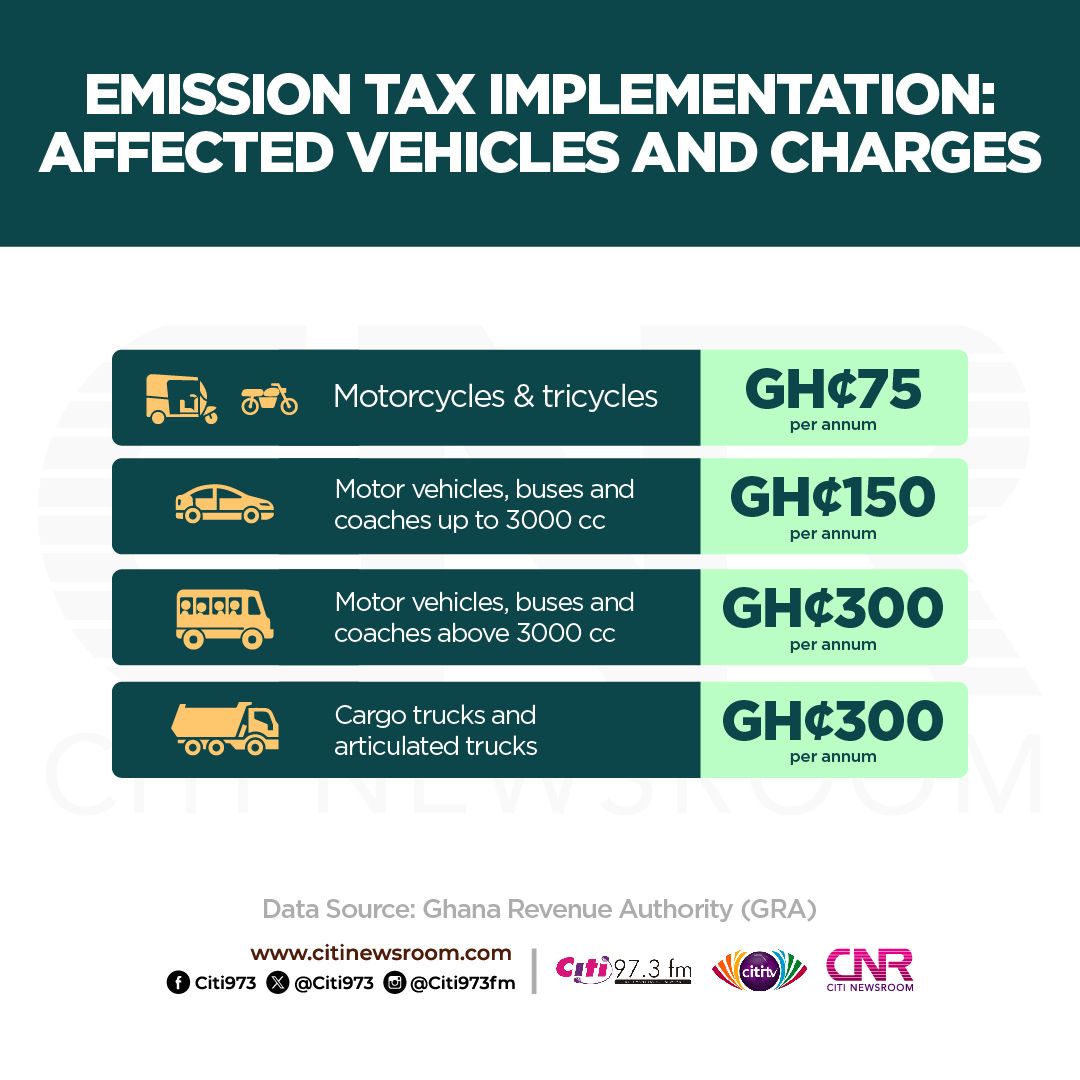
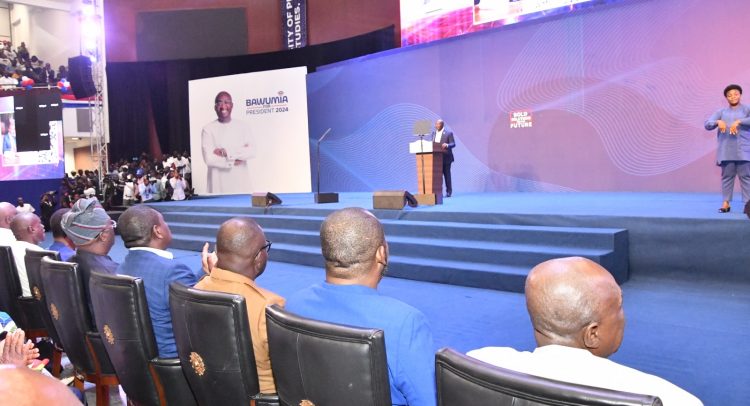


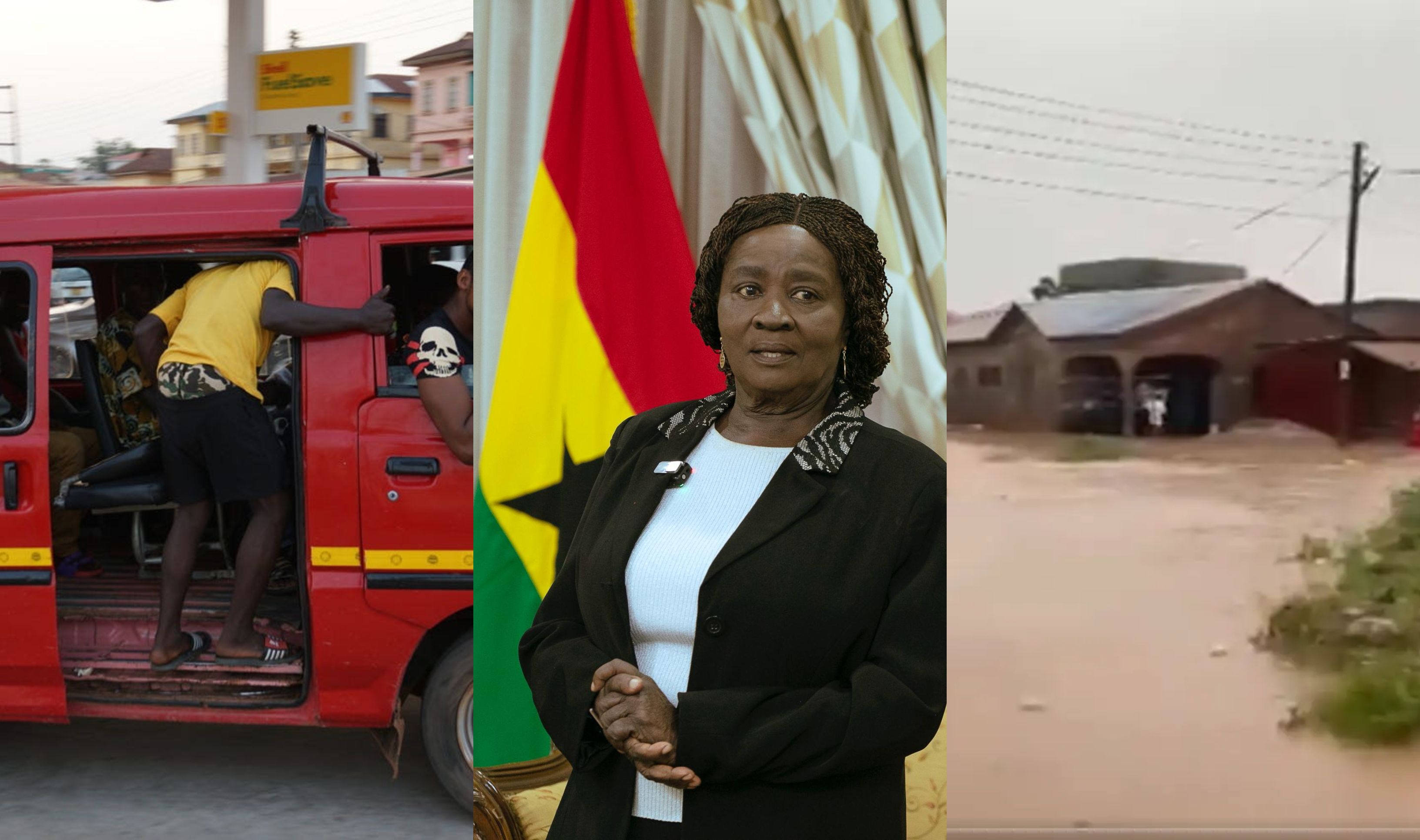





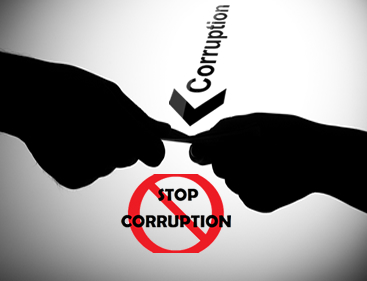
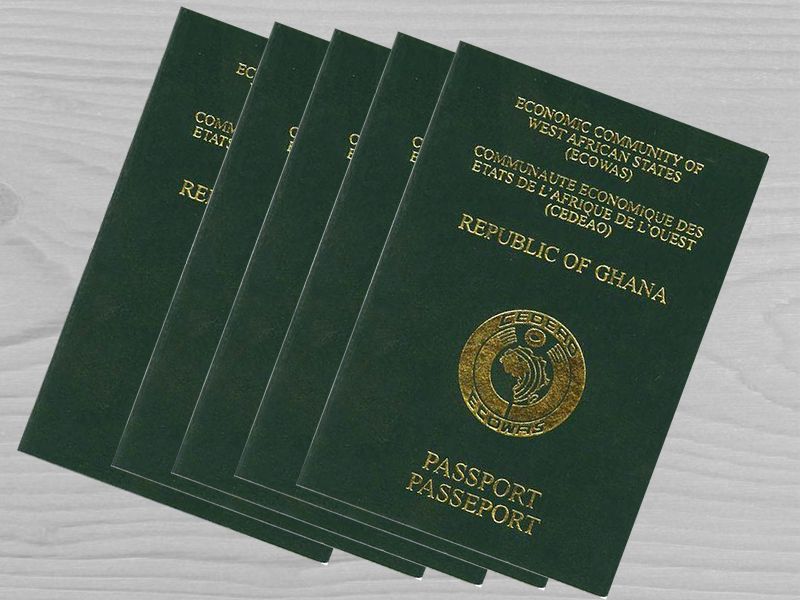




Facebook
Twitter
Pinterest
Instagram
Google+
YouTube
LinkedIn
RSS